Home>Articles>How To Pressure Cook Tomatoes In An Electric Pressure Cooker
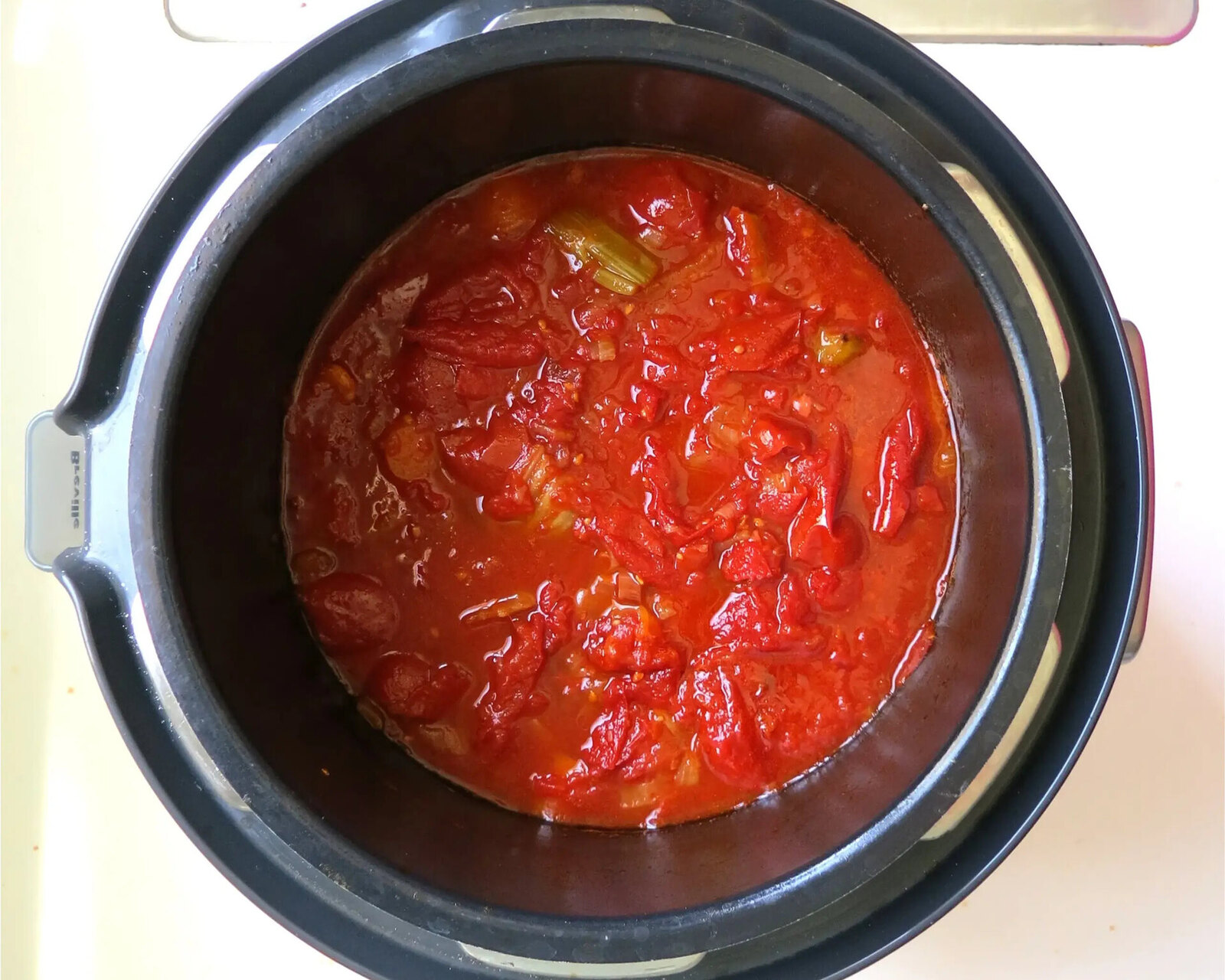

Articles
How To Pressure Cook Tomatoes In An Electric Pressure Cooker
Modified: February 28, 2024
Learn how to quickly and easily pressure cook tomatoes in your electric pressure cooker with this informative article. Discover the benefits of using this method to save time and enhance the flavors of your dishes.
(Many of the links in this article redirect to a specific reviewed product. Your purchase of these products through affiliate links helps to generate commission for Storables.com, at no extra cost. Learn more)
Introduction
Welcome to the world of pressure cooking, where you can unlock a whole new level of culinary possibilities. If you’re a fan of tomatoes and want to explore different cooking techniques, you’re in for a treat. In this article, we’ll guide you on how to pressure cook tomatoes using an electric pressure cooker.
Pressure cooking has gained immense popularity in recent years, thanks to its ability to reduce cooking time while preserving the flavors and nutrients of the ingredients. Tomatoes, being a staple in many cuisines, can greatly benefit from this cooking method.
By pressure cooking tomatoes, you can create rich and flavorful sauces, soups, stews, and even tomato-based dishes like salsa or chutney. The high pressure and temperature in the pressure cooker help break down the tomatoes’ cell walls, intensifying their flavors and creating a smooth and velvety texture.
Before we delve into the details of pressure cooking tomatoes, you’ll need to ensure you have the right equipment in your kitchen – an electric pressure cooker.
An electric pressure cooker is a versatile appliance that combines the functionalities of a pressure cooker, slow cooker, rice cooker, and more. It offers convenience, safety features, and precise control over cooking time and pressure settings. If you don’t already own one, consider investing in a reliable electric pressure cooker to make your tomato-based dishes even more delicious.
Now that we have the necessary equipment, let’s move on to the steps involved in preparing tomatoes for pressure cooking.
Key Takeaways:
- Unlock a world of culinary possibilities by pressure cooking tomatoes in an electric pressure cooker. Save time, retain nutrients, and create rich, flavorful dishes with a smooth texture.
- Prioritize safety, experiment with flavors, and confidently embark on your culinary adventures with pressure-cooked tomatoes. Enjoy the convenience, versatility, and delicious results of this cooking method.
Read more: How To Test Electric Pressure Cooker
Benefits of Pressure Cooking Tomatoes
Pressure cooking tomatoes offers several advantages that make it a preferred cooking method for many culinary enthusiasts. Here are some of the key benefits:
- Time-saving: Pressure cooking significantly reduces the cooking time of tomatoes. It can take just a fraction of the time compared to traditional stovetop simmering or oven-roasting methods. This time efficiency is especially beneficial when you’re in a hurry or want to prepare a quick meal.
- Retained nutrients: The high-pressure environment in the pressure cooker preserves the natural vitamins and minerals present in tomatoes. This ensures that you get maximum nutrition from your dishes.
- Enhanced flavors: Pressure cooking intensifies the flavors of tomatoes by breaking down their cell walls. The resulting concentrated taste adds depth and richness to your sauces, soups, and other tomato-based dishes. The pressure also helps blend the flavors together, resulting in a harmonious and well-rounded taste.
- Smooth texture: The high-pressure environment softens and tenderizes the tomatoes, resulting in a silky-smooth texture. This is especially desirable when making sauces or purees, as it eliminates the need for additional blending or straining.
- One-pot cooking: Pressure cookers allow you to cook tomatoes and other ingredients together in one pot. This not only saves time on cleanup but also allows the flavors to meld together for a more cohesive and delicious final dish.
- Economical: Pressure cooking helps extract the maximum flavor from tomatoes, making it an economical choice. You can achieve rich and flavorful results with fewer tomatoes compared to other cooking methods.
- Versatility: Pressure cooked tomatoes can be used as a base for a wide range of dishes. From pasta sauces to curries, soups to salsas, you can explore various culinary creations using pressure-cooked tomatoes as a starting point.
These benefits highlight the advantages of pressure cooking tomatoes, making it a versatile and convenient cooking method for all tomato lovers. Now that you know about the advantages, let’s move on to choosing the right electric pressure cooker for this cooking technique.
Choosing the Right Electric Pressure Cooker
When it comes to pressure cooking tomatoes, having the right electric pressure cooker can make all the difference. Here are some factors to consider when choosing the perfect appliance:
- Size and Capacity: Consider the size and capacity of the electric pressure cooker. The size can range from 4 quarts to 10 quarts or more. Assess your cooking needs and the amount of tomatoes you usually cook. If you frequently cook large batches or have a big family, opt for a larger capacity cooker. However, if you’re cooking for one or two people, a smaller size might suffice.
- Pressure Settings: Look for an electric pressure cooker that offers multiple pressure settings. Different recipes and ingredients may require varying pressure levels. Having the flexibility to adjust the pressure settings allows you to fine-tune the cooking process and achieve the desired results.
- Safety Features: Check for safety features such as pressure release valves, locking systems, and temperature controls. These features ensure safe and hassle-free pressure cooking. Look for models with reliable safety certifications and positive customer reviews regarding safety.
- Construction and Durability: Pay attention to the build quality and materials used in the pressure cooker. Stainless steel inner pots are preferred for their durability and ease of cleaning. A sturdy construction will ensure that your pressure cooker lasts for years and withstands the rigors of regular use.
- Additional Functions: Some electric pressure cookers come with additional functions like slow cooking, sautéing, steaming, and rice cooking. Assess your cooking needs and consider if you would benefit from these extra features. Keep in mind that while these functions can be convenient, they may add to the overall cost.
- Price and Warranty: Set a budget and compare prices of different electric pressure cookers. Consider the warranty offered by the manufacturer to ensure that you have sufficient coverage in case of any defects or issues with the appliance. Read customer reviews and ratings to gauge the reliability and performance of the pressure cooker.
By considering these factors and conducting thorough research, you can find an electric pressure cooker that meets your specific requirements. Now that you have the perfect cooker, let’s move on to preparing tomatoes for pressure cooking.
Preparing Tomatoes for Pressure Cooking
Before pressure cooking tomatoes, it is important to properly prepare them to achieve the best results. Follow these steps to get your tomatoes ready:
- Select ripe tomatoes: Choose ripe tomatoes that are firm but not overly soft. Look for vibrant colors and avoid any with bruises or blemishes.
- Wash the tomatoes: Rinse the tomatoes under cold water to remove any dirt or debris. Pat them dry with a clean cloth or paper towel.
- Remove stems and cores: Use a sharp knife to cut off the stems and remove any tough cores. Discard these parts or save them for making vegetable stock.
- Optional: Blanch and peel: If you prefer a smoother texture or need to remove tomato skins for your recipe, blanching and peeling the tomatoes can be beneficial. To do this, make a small “X” mark at the bottom of each tomato and submerge them in boiling water for about 30 seconds. Remove them and immediately transfer them to a bowl of ice water. The skins should easily peel off after this process.
- Chop or slice the tomatoes: Depending on your recipe, you can either chop the tomatoes into small pieces or slice them into thick rounds. Consider the consistency and texture you desire for your dish.
- Season with salt and herbs (optional): Seasoning the tomatoes with a pinch of salt and your favorite herbs can enhance their flavors. Basil, oregano, thyme, and garlic are popular choices that pair well with tomatoes.
Once you have prepared the tomatoes, you are now ready to move on to the step-by-step guide for pressure cooking them. Remember to follow the specific instructions for your electric pressure cooker model, as the settings and timing may vary.
Pressure cooking tomatoes is a simple and efficient way to extract their flavors and create delicious dishes. In the next section, we’ll provide a step-by-step guide to help you through the process.
Step-by-Step Guide to Pressure Cooking Tomatoes
Pressure cooking tomatoes may seem daunting at first, but with the right technique, it’s a straightforward process. Follow these step-by-step instructions to pressure cook your tomatoes to perfection:
- Add tomatoes to the pressure cooker: Place the chopped or sliced tomatoes into the inner pot of your electric pressure cooker.
- Add liquid: Add a small amount of liquid to the pot to prevent scorching and provide moisture. You can use water, vegetable broth, or even a splash of tomato juice for added flavor.
- Seasonings and herbs: If desired, add in your preferred seasonings and herbs to enhance the taste of the tomatoes. This is the perfect opportunity to infuse additional flavors into your dish.
- Close and lock the lid: Ensure the pressure cooker’s lid is securely closed and locked in place. Follow the manufacturer’s instructions to ensure proper sealing.
- Select the pressure cooking function: Set the pressure cooker to the appropriate pressure cooking mode. This will depend on your specific model, so consult the user manual for guidance. Typically, high pressure is recommended for cooking tomatoes.
- Adjust the cooking time: Set the cooking time based on your recipe or the desired result. Generally, pressure cooking tomatoes takes around 3 to 5 minutes. Keep in mind that the actual cooking time may vary depending on the quantity and size of the tomatoes.
- Start the pressure cooking process: Press the start button on your electric pressure cooker to begin the cooking process. The cooker will reach the set pressure and automatically start the countdown timer.
- Natural or quick release: Once the cooking time is complete, you have the option to perform a natural release or a quick release of the pressure. For delicate tomato dishes, a natural release is often recommended. Allow the pressure to gradually release on its own before opening the pressure cooker lid. If you’re short on time, a quick release can be done as per your pressure cooker’s instructions.
- Open the lid with caution: Carefully open the pressure cooker lid, facing it away from you to avoid steam burns. The tomatoes should be tender, flavorful, and ready to be used in your desired recipe.
With these simple steps, you can confidently pressure cook tomatoes to achieve delicious and succulent results. However, it’s important to keep some tips in mind to ensure the best flavor and texture. Check out the next section for some handy tips!
Add a cup of water to the pressure cooker before adding the tomatoes to prevent them from burning or sticking to the bottom.
Read more: How To Can With An Electric Pressure Cooker
Tips for Flavorful Pressure Cooked Tomatoes
Pressure cooking tomatoes can yield incredibly flavorful results. To enhance the taste and texture of your pressure-cooked tomatoes, consider the following tips:
- Select ripe and flavorful tomatoes: Choosing ripe and flavorful tomatoes is crucial for achieving a delicious outcome. Look for tomatoes that are aromatic and have vibrant colors. Heirloom or vine-ripened tomatoes are often the best choice.
- Adjust the cooking time: The cooking time may vary depending on the thickness and ripeness of the tomatoes. If you prefer a chunky texture or want to retain some texture, decrease the cooking time slightly. For a smoother consistency, increase the cooking time accordingly.
- Experiment with different herbs and seasonings: Don’t be afraid to experiment with various herbs and seasonings to enhance the flavors of your pressure-cooked tomatoes. Consider adding fresh basil, oregano, thyme, or a pinch of red pepper flakes to bring extra depth and complexity to your dishes.
- Use homemade stock or broth: Instead of water, try using homemade vegetable stock or broth to cook your tomatoes. This will infuse additional flavors and create a rich and savory base for your dishes.
- Add umami boosters: To intensify the umami flavors of the tomatoes, consider adding ingredients like tomato paste, soy sauce, or Worcestershire sauce. These umami boosters add depth and richness to your dishes.
- Finish with a splash of acid: A dash of acid, such as a squeeze of lemon juice or a splash of balsamic vinegar, can brighten the flavors of your pressure-cooked tomatoes. This will balance the richness and add a refreshing touch to your dishes.
- Blend for desired consistency: If you prefer a smoother texture, use a hand blender or a countertop blender to process the cooked tomatoes. This will create a velvety sauce or soup, perfect for pasta dishes or tomato bisques.
- Set aside excess liquid: If you want a thicker sauce or reduced liquid, remove the cooked tomatoes from the pressure cooker and simmer the liquid on the sauté mode to reduce it to your desired consistency. This will intensify the flavors and create a concentrated sauce.
- Allow flavors to develop: After pressure cooking, let the flavors of your tomato-based dishes develop by allowing them to rest for a few minutes before serving. This will allow the spices and aromatics to meld together, resulting in a more harmonious and delicious final dish.
By incorporating these tips into your pressure cooking routine, you can elevate the flavor profile of your tomato-based dishes and create culinary delights that will impress your family and friends.
Now, before you get started with pressure cooking tomatoes, it’s important to follow some safety precautions. Continue reading to learn about the essential safety measures you should take.
Safety Precautions while Pressure Cooking Tomatoes
Pressure cooking provides a fast and efficient way to cook tomatoes, but it’s essential to prioritize safety. Here are some important precautions to keep in mind:
- Follow the manufacturer’s instructions: Read and carefully follow the operating manual provided by the manufacturer of your electric pressure cooker. Each model may have specific guidelines and safety features that you need to understand before using it.
- Check the sealing ring: Before each use, inspect the sealing ring of your pressure cooker to ensure it is in good condition and properly fitted. A worn or damaged sealing ring may compromise the pressure cooking process, so replace it if necessary.
- Avoid overfilling: Do not overfill the pressure cooker with tomatoes and liquid. Leave enough space for the contents to expand during cooking. Follow the manufacturer’s instructions regarding the maximum fill line for your specific model.
- Release pressure safely: Always release the pressure in a controlled manner following the instructions provided by your pressure cooker. For natural release, allow the pressure to dissipate naturally after the cooking time is complete. For quick release, use a long utensil, such as a wooden spoon, to carefully move the pressure release valve to the venting position.
- Protect yourself from steam: When releasing pressure, ensure that your face, hands, and any other body part are away from the venting steam to prevent burns. Use caution and consider using protective heat-resistant gloves or mitts when dealing with the pressure cooker lid or hot surfaces.
- Allow pressure to fully release: Do not attempt to open the pressure cooker when it is still pressurized. Wait until all the pressure has been released before attempting to open the lid. Most pressure cookers have a visual indicator or a locking mechanism that shows when it is safe to open.
- Use proper utensils: When handling food inside the pressure cooker, use appropriate utensils designed for high heat. Avoid using metal utensils that may scratch the surface of the inner pot.
- Cool down before cleaning: Allow the pressure cooker to cool down before cleaning. Follow the manufacturer’s instructions for cleaning and maintenance to ensure the longevity of your appliance.
- Keep children and pets away: Keep children and pets away from the area where you are using the pressure cooker, especially when releasing pressure. The steam and hot surfaces can cause serious accidents if not handled with care.
- Regular maintenance: Regularly inspect and clean your pressure cooker to prevent any buildup or blockage that may affect its functionality. Check and replace any worn-out parts or components as needed.
By adhering to these safety precautions, you can enjoy the benefits of pressure cooking tomatoes while minimizing the risk of accidents or injuries. Now that you are aware of the safety measures, let’s move on to some frequently asked questions related to pressure cooking tomatoes.
Frequently Asked Questions (FAQs)
Here are some commonly asked questions about pressure cooking tomatoes:
- Can I pressure cook whole tomatoes?
- Can I pressure cook tomatoes without adding any liquid?
- How long does it take to pressure cook tomatoes?
- Can I use pressure-cooked tomatoes in recipes that call for canned tomatoes?
- Can I freeze pressure-cooked tomatoes?
- Do pressure-cooked tomatoes lose their nutrients?
- Can I adjust the seasoning after pressure cooking?
- Can I use an electric pressure cooker for canning tomatoes?
While it is possible to pressure cook whole tomatoes, it is recommended to chop or slice them for more even cooking and to allow the flavors to meld together.
It is generally advisable to add a small amount of liquid, such as water or vegetable broth, to the pressure cooker when cooking tomatoes. This helps prevent scorching and provides moisture for the cooking process.
The pressure cooking time for tomatoes can vary depending on the thickness and ripeness of the tomatoes, as well as the desired texture. In general, pressure cooking tomatoes takes around 3 to 5 minutes.
Absolutely! Pressure-cooked tomatoes can be a great substitute for canned tomatoes in recipes. Just be sure to adjust the cooking time and seasoning accordingly, as pressure-cooked tomatoes may have a more concentrated flavor.
Yes, you can freeze pressure-cooked tomatoes for later use. Allow them to cool completely before transferring them to airtight containers or freezer bags. Label and date the containers and store them in the freezer for up to 6 months.
Pressure cooking is known for its ability to retain nutrients compared to other cooking methods. While there may be a slight loss of certain vitamins due to the heat and cooking process, pressure-cooked tomatoes generally retain more nutrients compared to prolonged stovetop simmering.
Absolutely! Once the pressure cooking process is complete, taste the tomatoes and adjust the seasoning as needed. You can add more salt, herbs, or spices to suit your personal taste preferences.
No, electric pressure cookers are not suitable for canning tomatoes or any other type of canning. For safe canning purposes, it is recommended to use a stovetop pressure canner or follow USDA guidelines for canning tomatoes.
These are just a few of the common questions that arise when it comes to pressure cooking tomatoes. If you have any further inquiries or concerns, consult the user manual of your pressure cooker or reach out to the manufacturer for specific guidance.
Now that you have a good understanding of pressure cooking tomatoes and the necessary precautions, you can confidently embark on your culinary adventures! Enjoy the rich flavors and tantalizing dishes that you can create with pressure-cooked tomatoes.
Happy cooking!
Conclusion
Pressure cooking tomatoes in an electric pressure cooker opens up a world of culinary possibilities. By harnessing the power of high pressure and temperature, you can transform ordinary tomatoes into rich, flavorful, and velvety creations. Whether you’re making sauces, soups, stews, or other tomato-based dishes, pressure cooking offers numerous benefits.
Not only does pressure cooking save time, but it also retains the nutrients present in the tomatoes, enhances the flavors, and creates a smooth and desirable texture. The convenience and versatility of electric pressure cookers make them an essential tool for any tomato lover.
When preparing tomatoes for pressure cooking, ensure you choose ripe and flavorful tomatoes. Follow the proper steps of washing, removing stems and cores, and, if desired, blanching and peeling. Season the tomatoes with your preferred herbs and spices to enhance their taste.
Using a step-by-step guide, you can confidently pressure cook tomatoes in your electric pressure cooker. Adjust the settings, cooking time, and pressure levels to achieve the desired texture and consistency for your recipes. Don’t forget to follow safety precautions while using your pressure cooker and handle the hot steam with caution.
To enhance the flavor of pressure-cooked tomatoes, experiment with different herbs, acids, umami boosters, and seasonings. Consider blending the tomatoes for a smoother texture or reducing the liquid for a thicker sauce. Allow the flavors to develop and rest before serving to fully enjoy the deliciousness of your tomato-based dishes.
Remember to follow proper maintenance and cleaning instructions for your electric pressure cooker, as this will ensure its longevity and efficiency. Lastly, if you have any questions or concerns, consult the user manual or reach out to the manufacturer for guidance.
Now, armed with the knowledge and tips provided in this article, you’re ready to embark on your journey of pressure cooking tomatoes. So, go ahead, get creative, and enjoy the delightful flavors and textures that pressure-cooked tomatoes have to offer!
Frequently Asked Questions about How To Pressure Cook Tomatoes In An Electric Pressure Cooker
Was this page helpful?
At Storables.com, we guarantee accurate and reliable information. Our content, validated by Expert Board Contributors, is crafted following stringent Editorial Policies. We're committed to providing you with well-researched, expert-backed insights for all your informational needs.
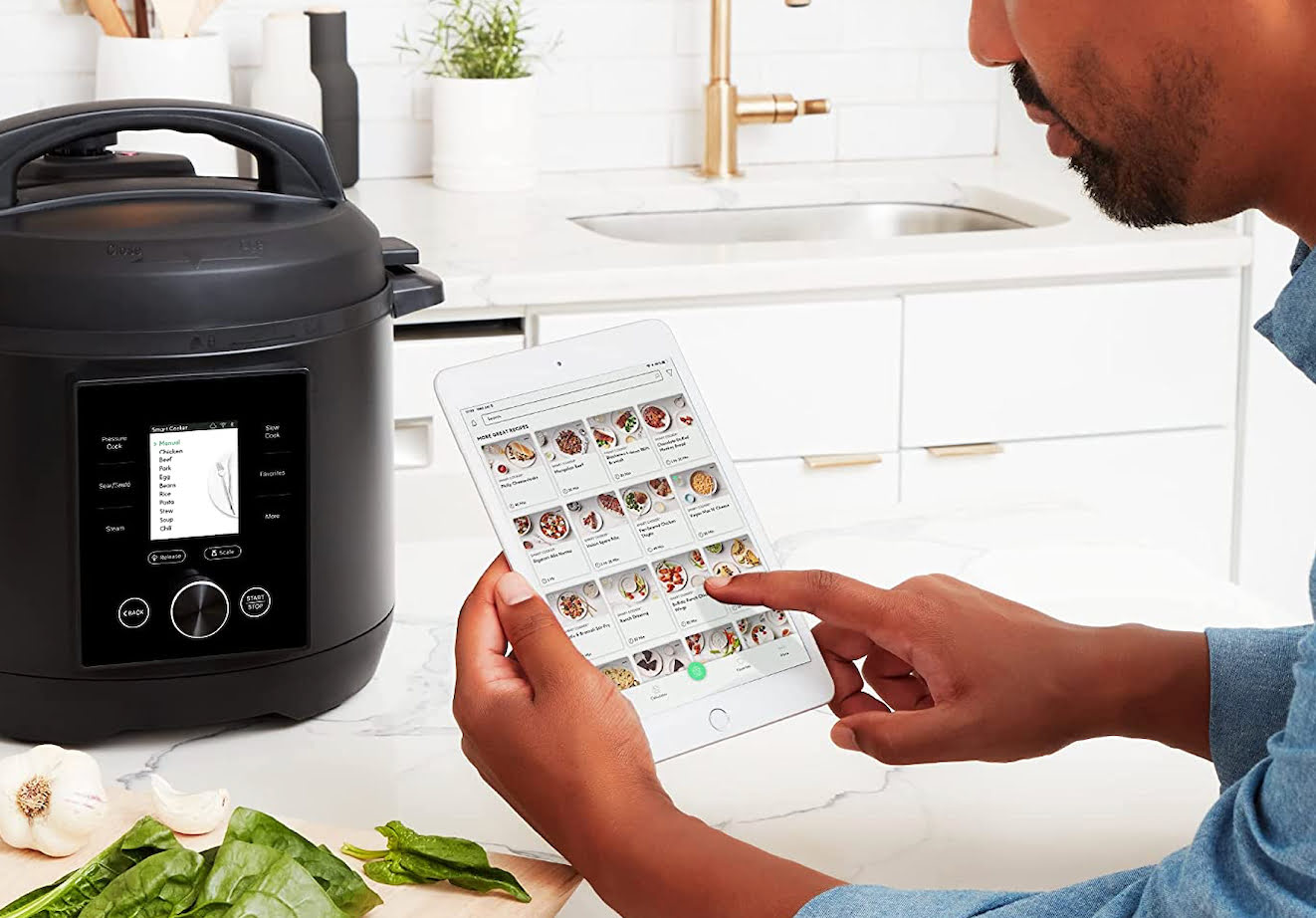
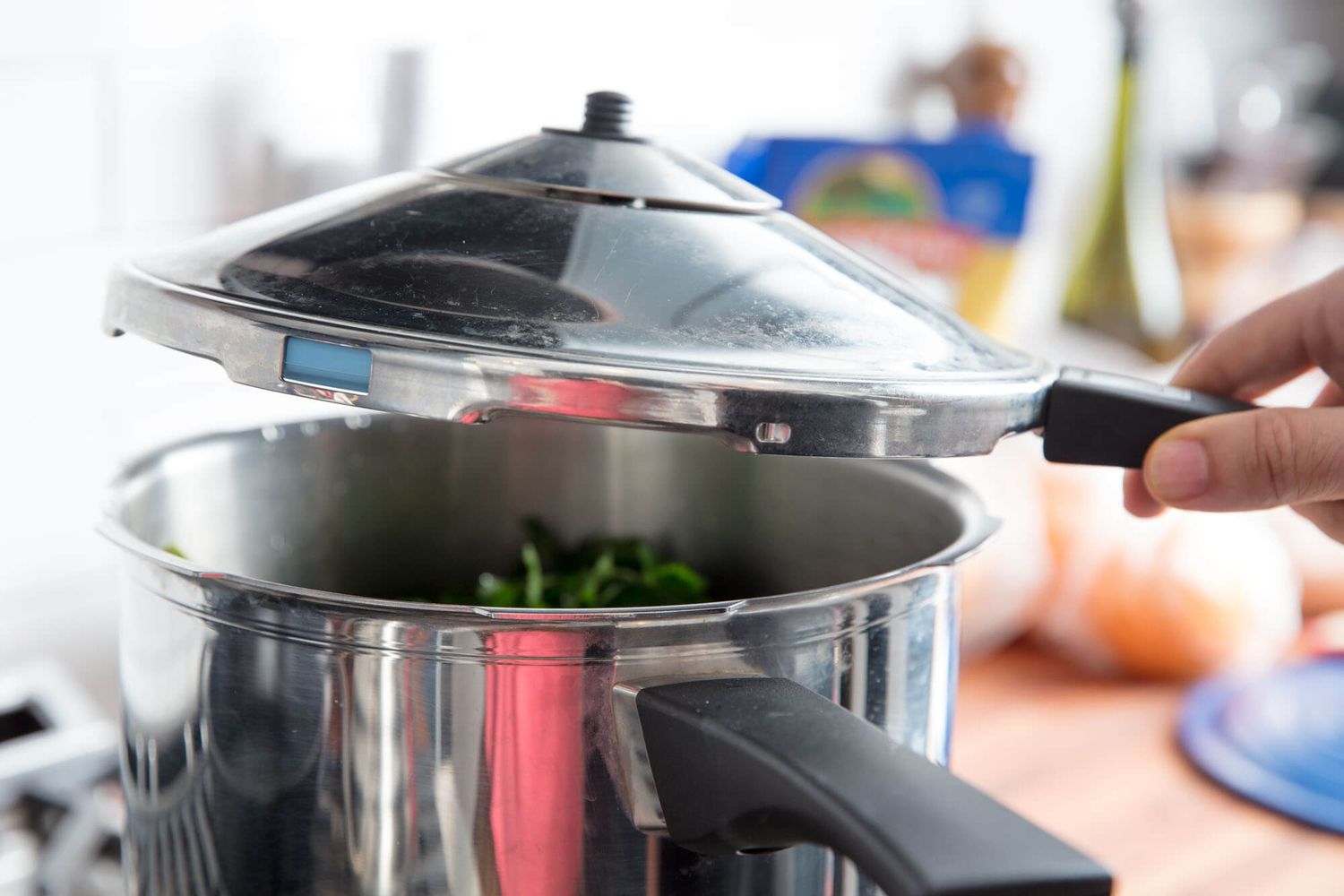
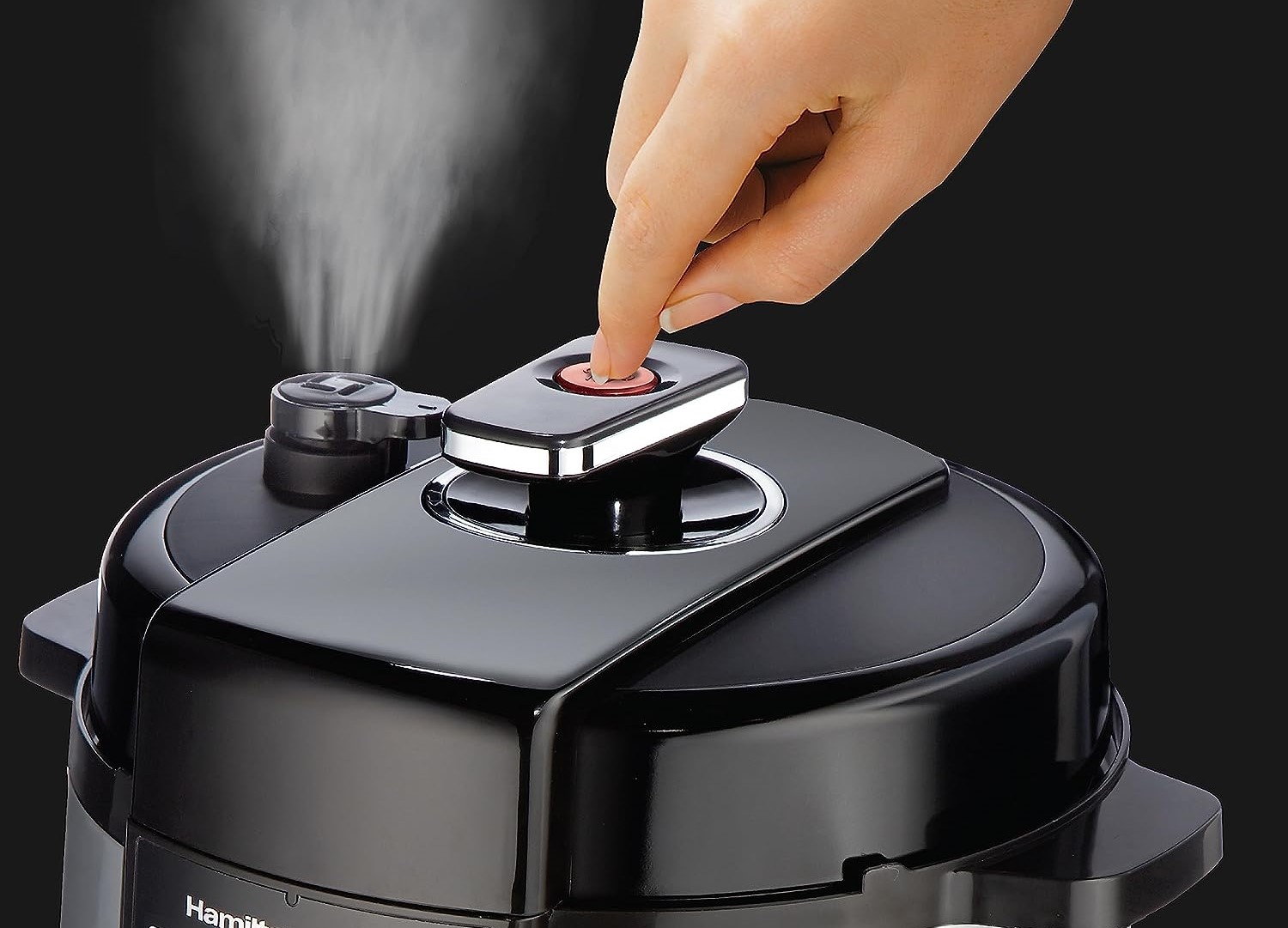
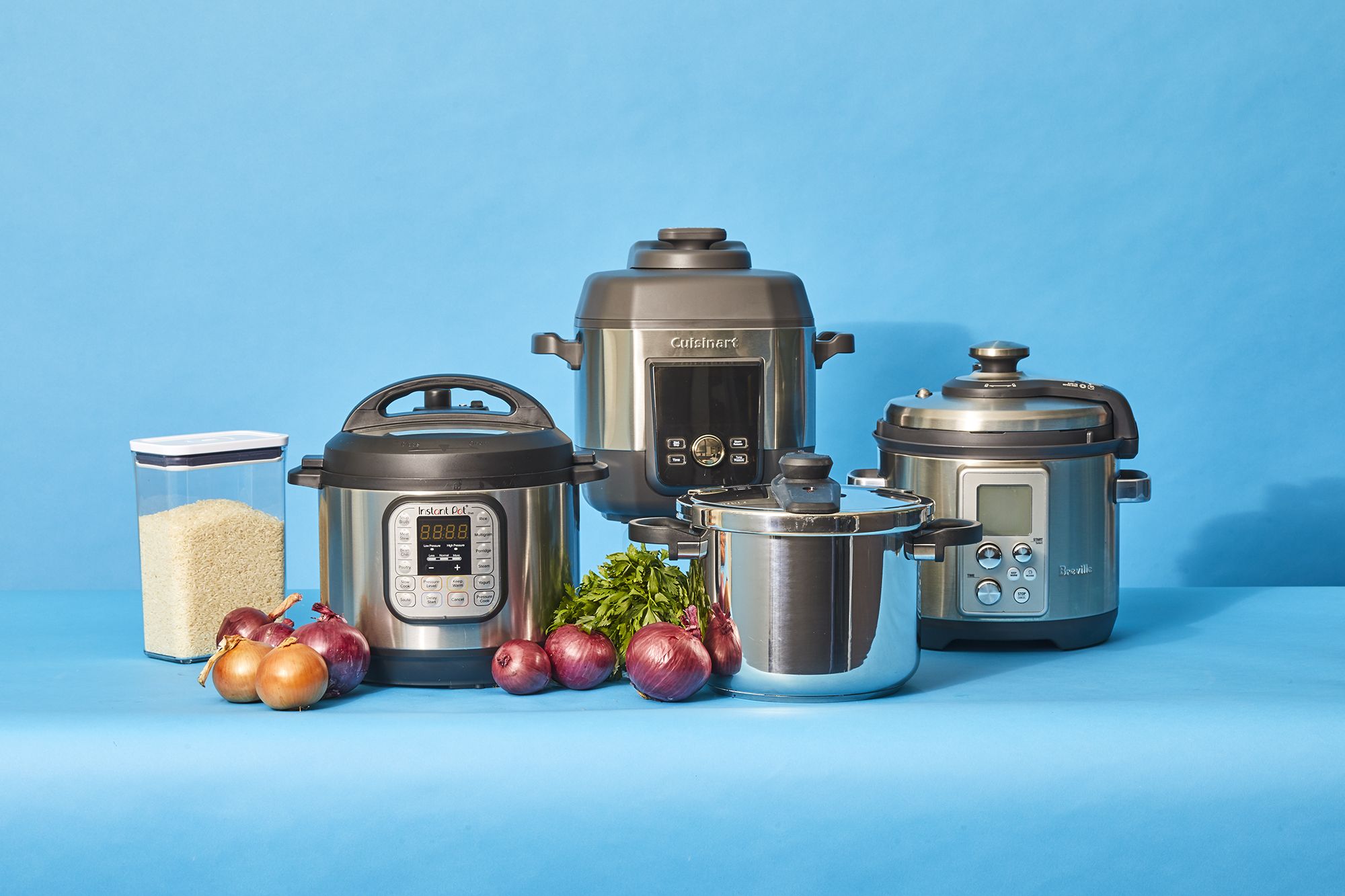
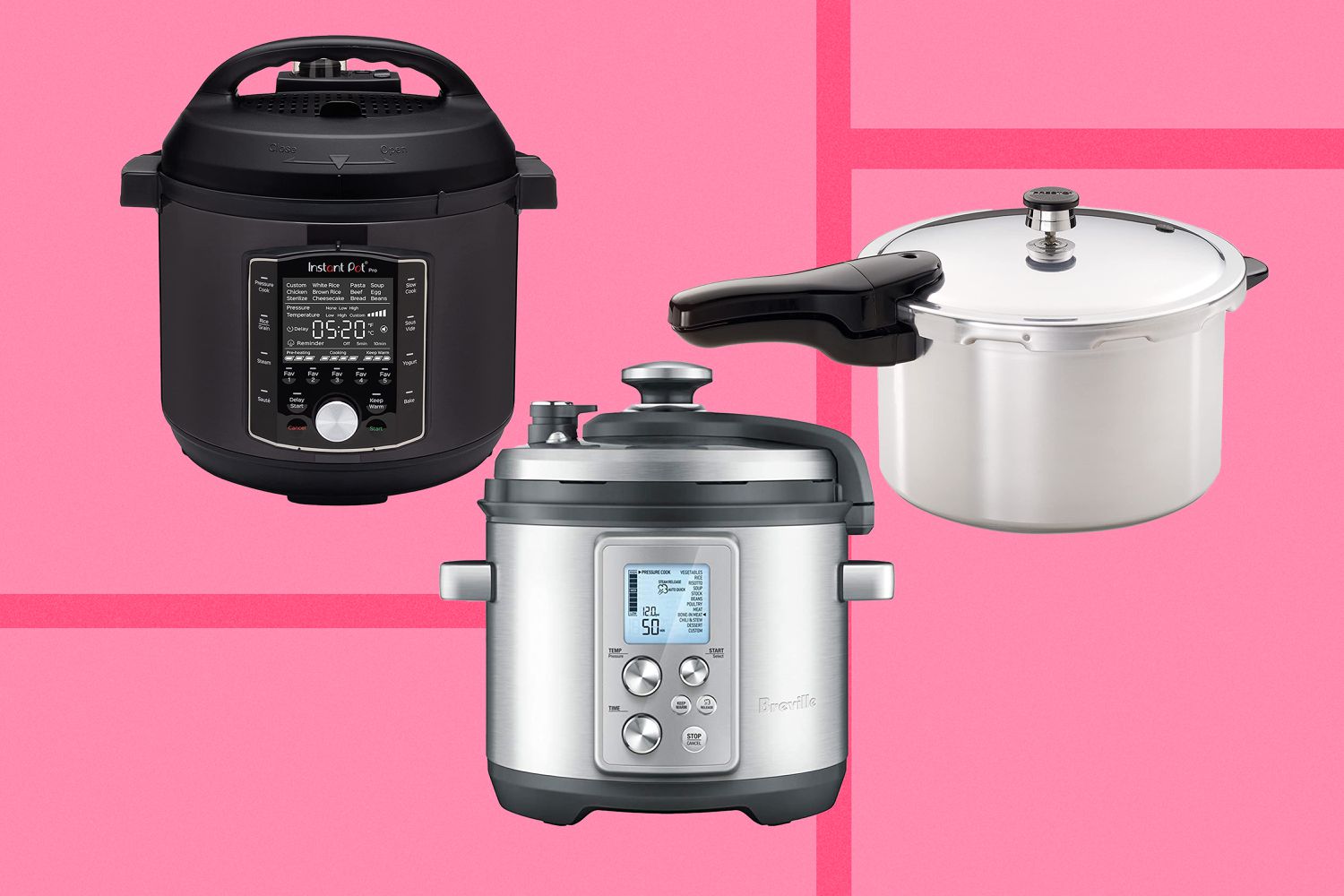
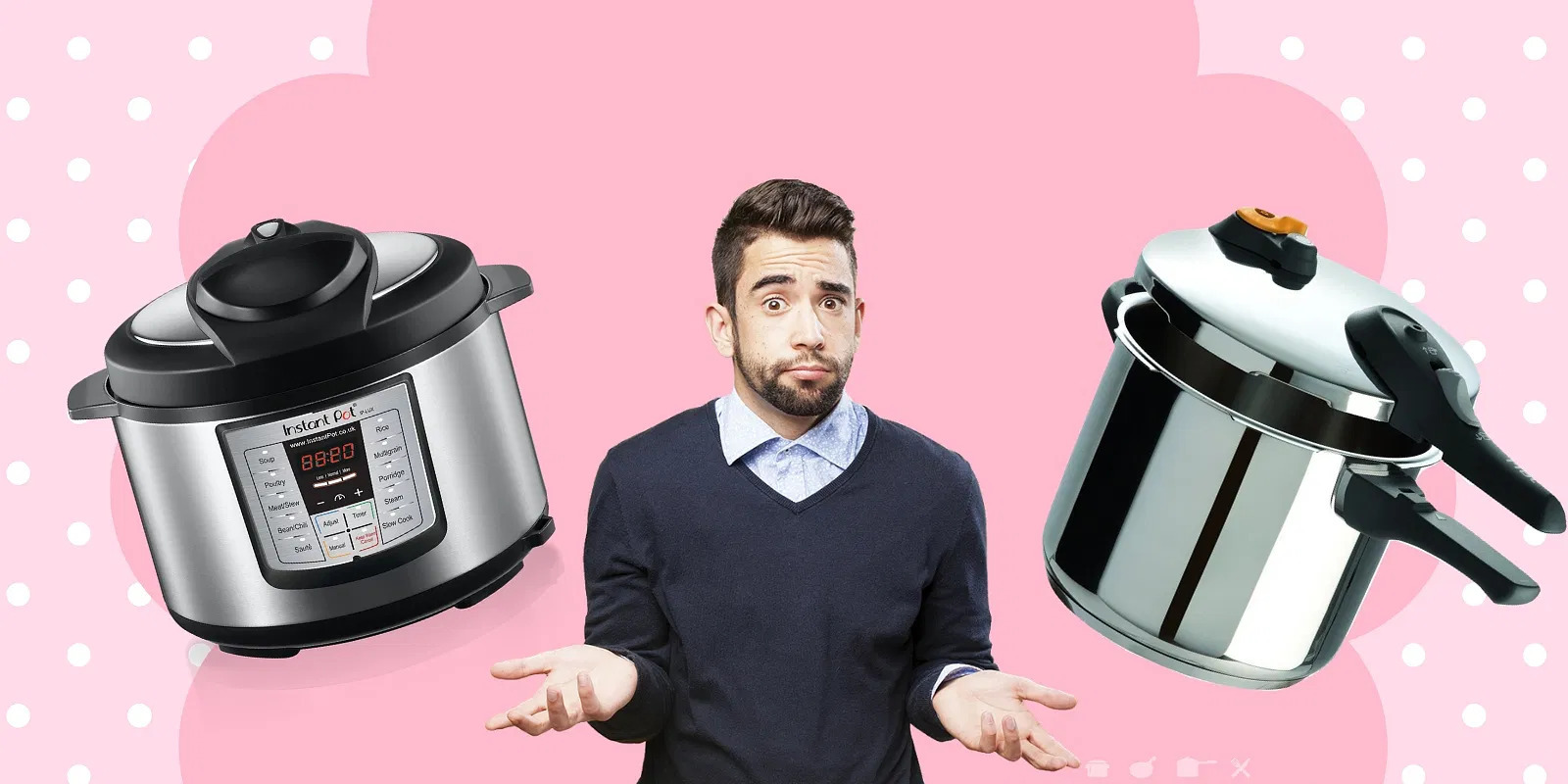
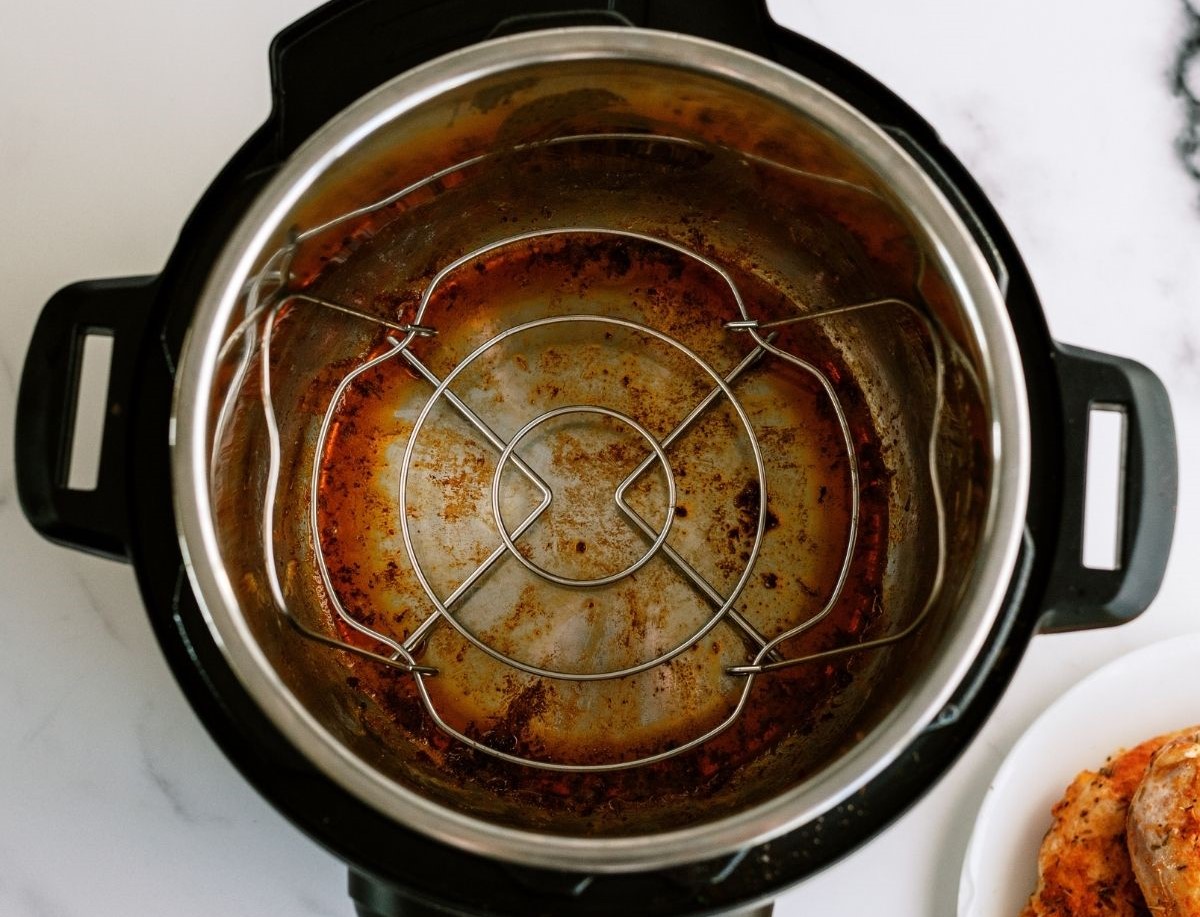
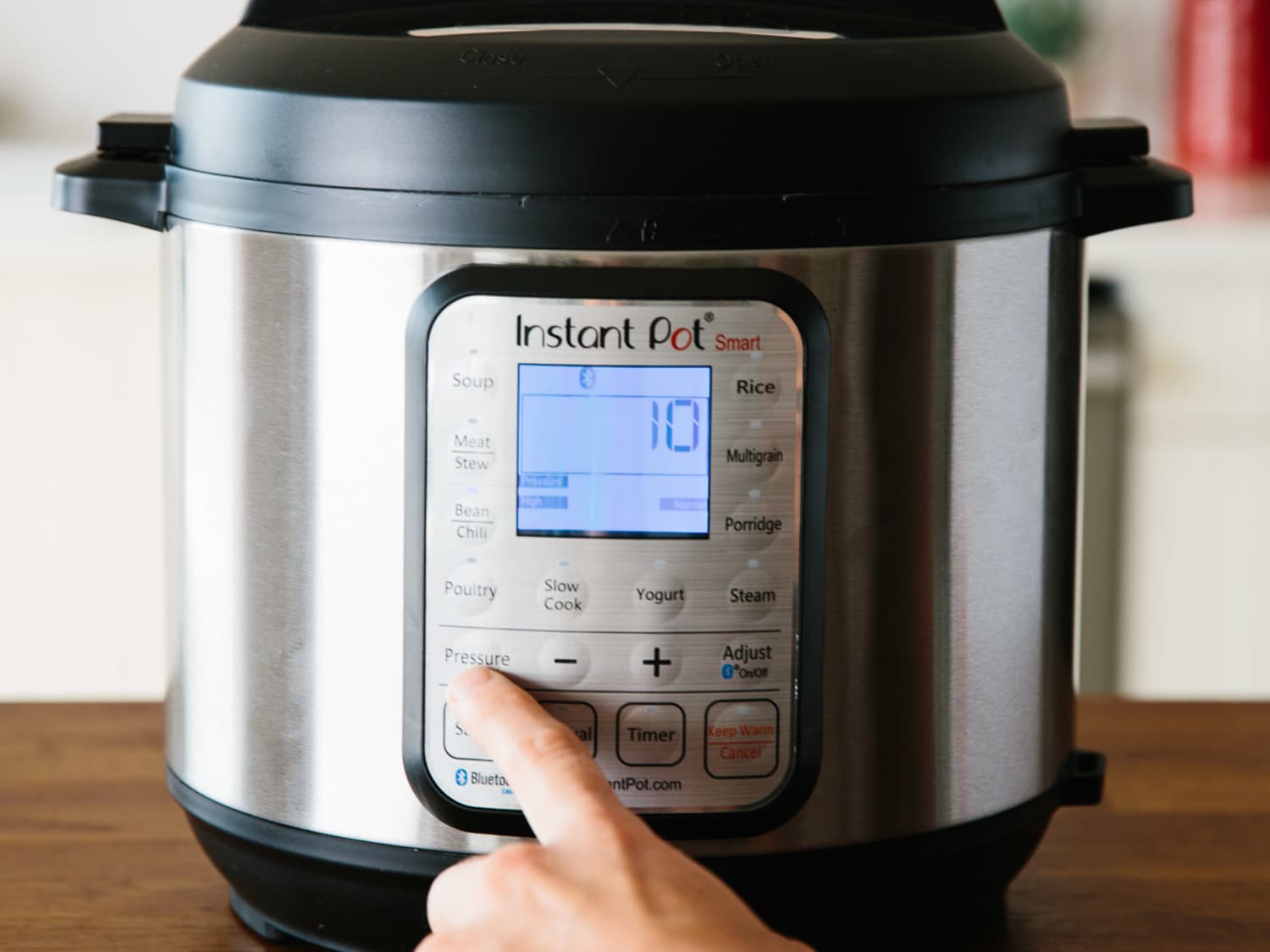
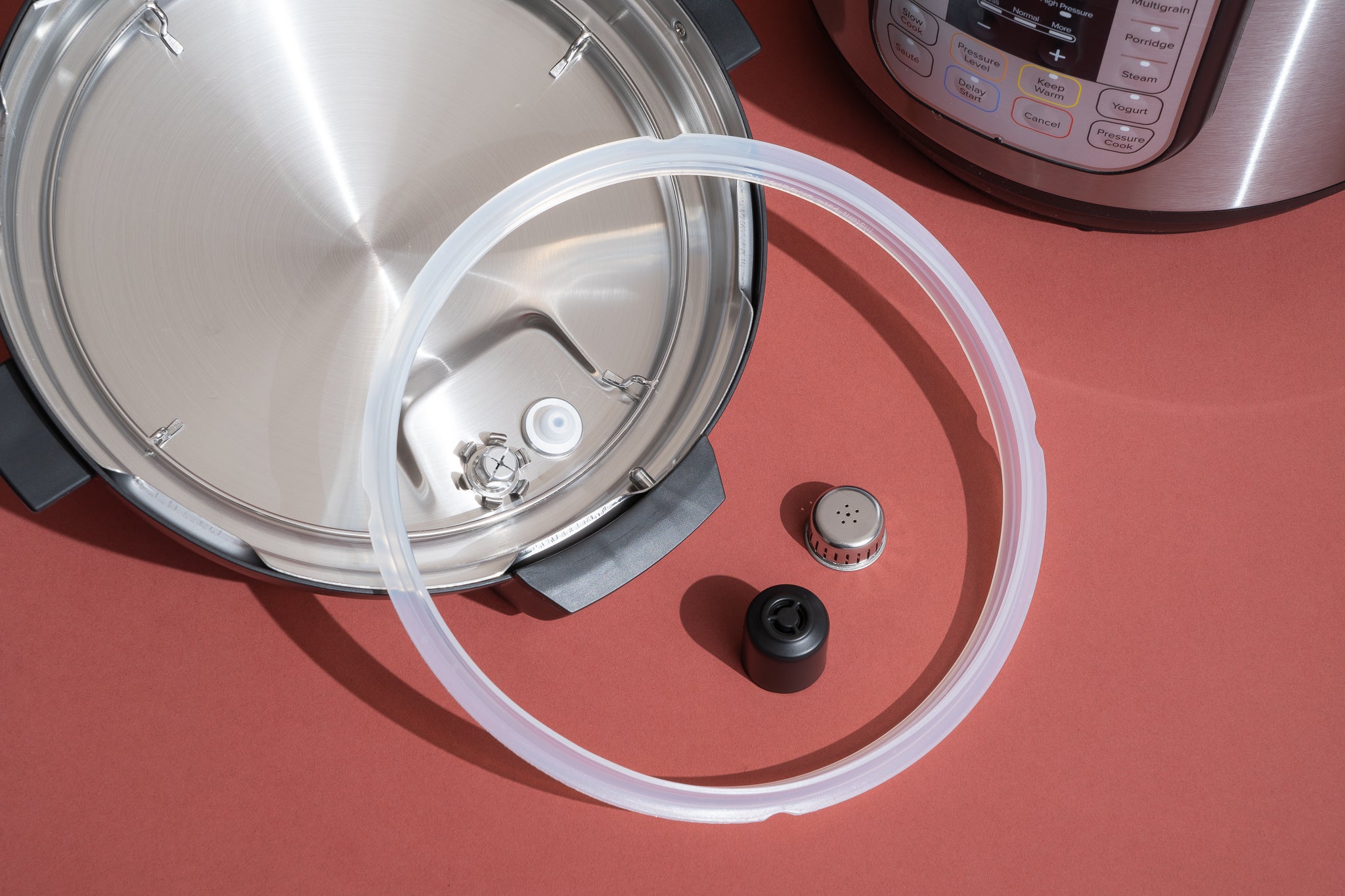
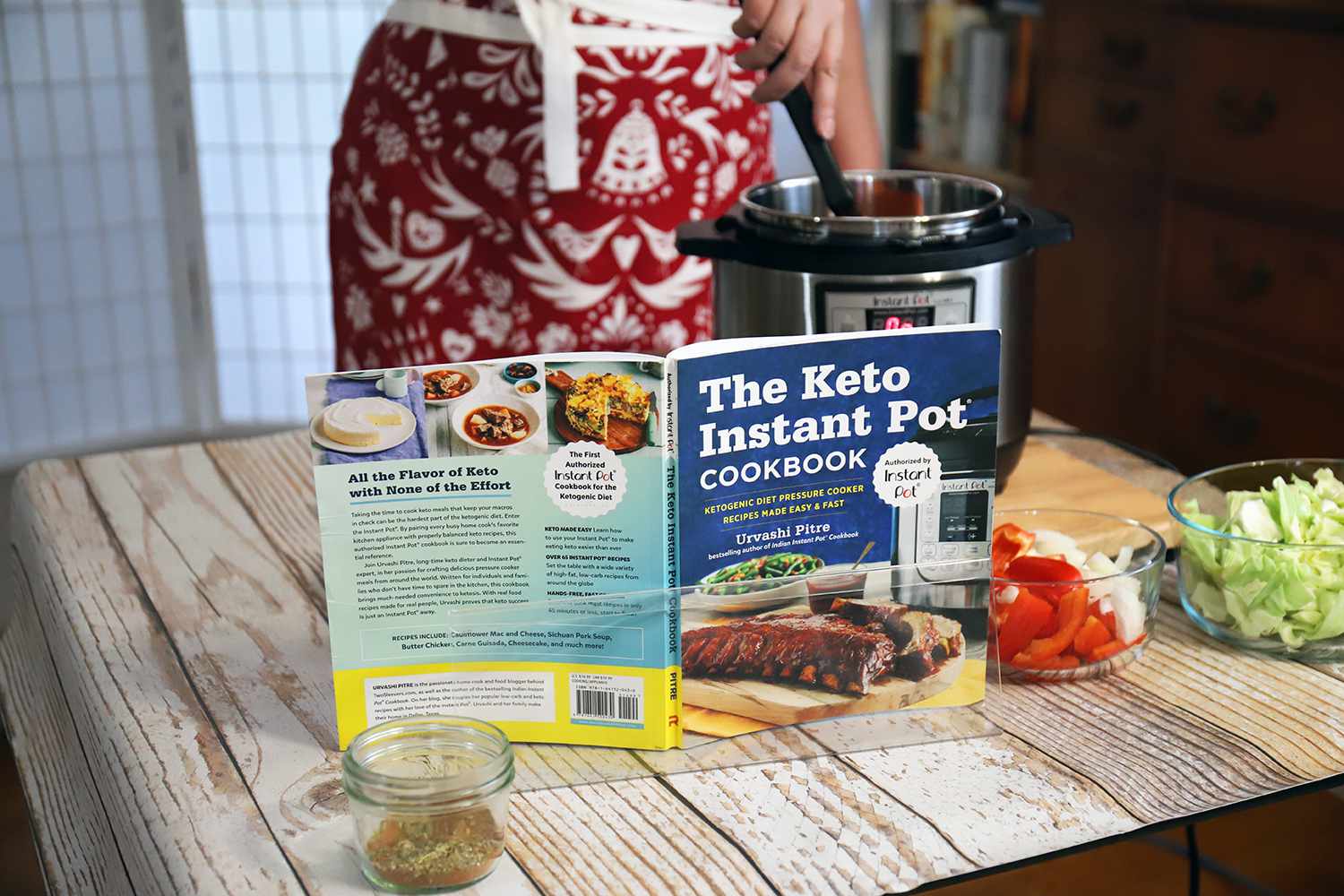
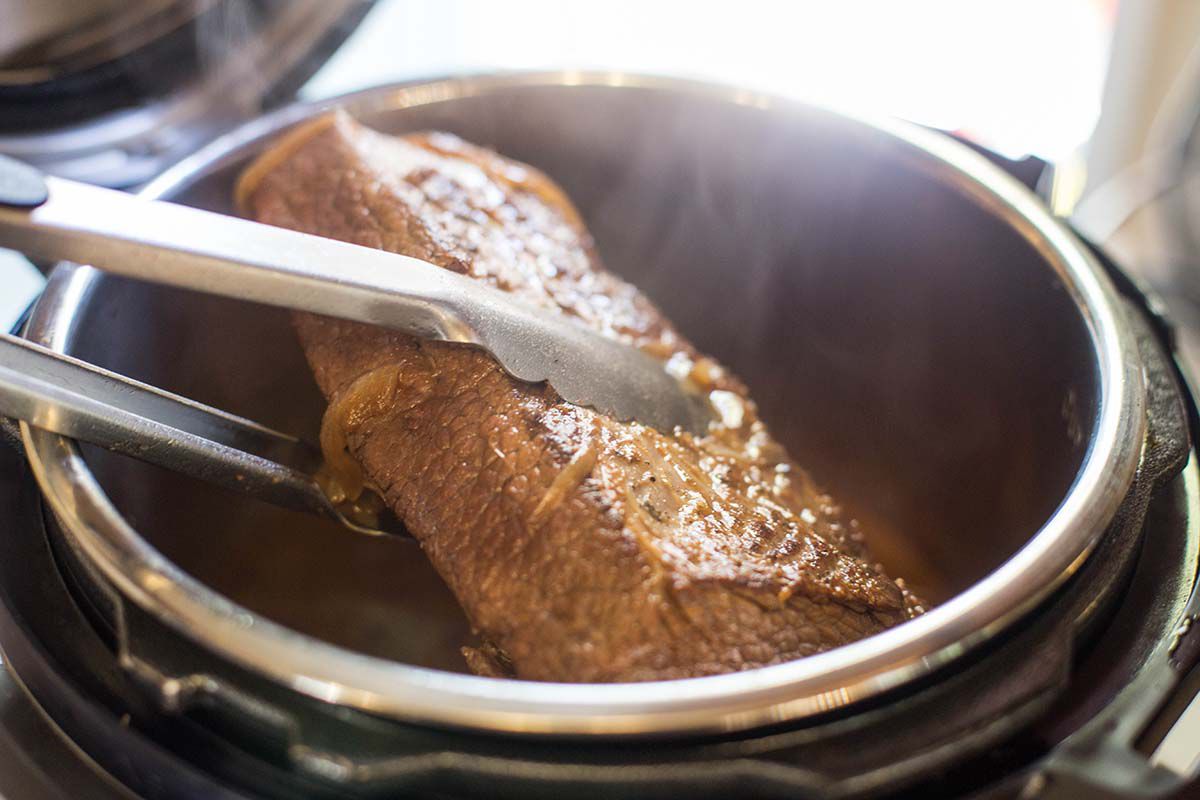
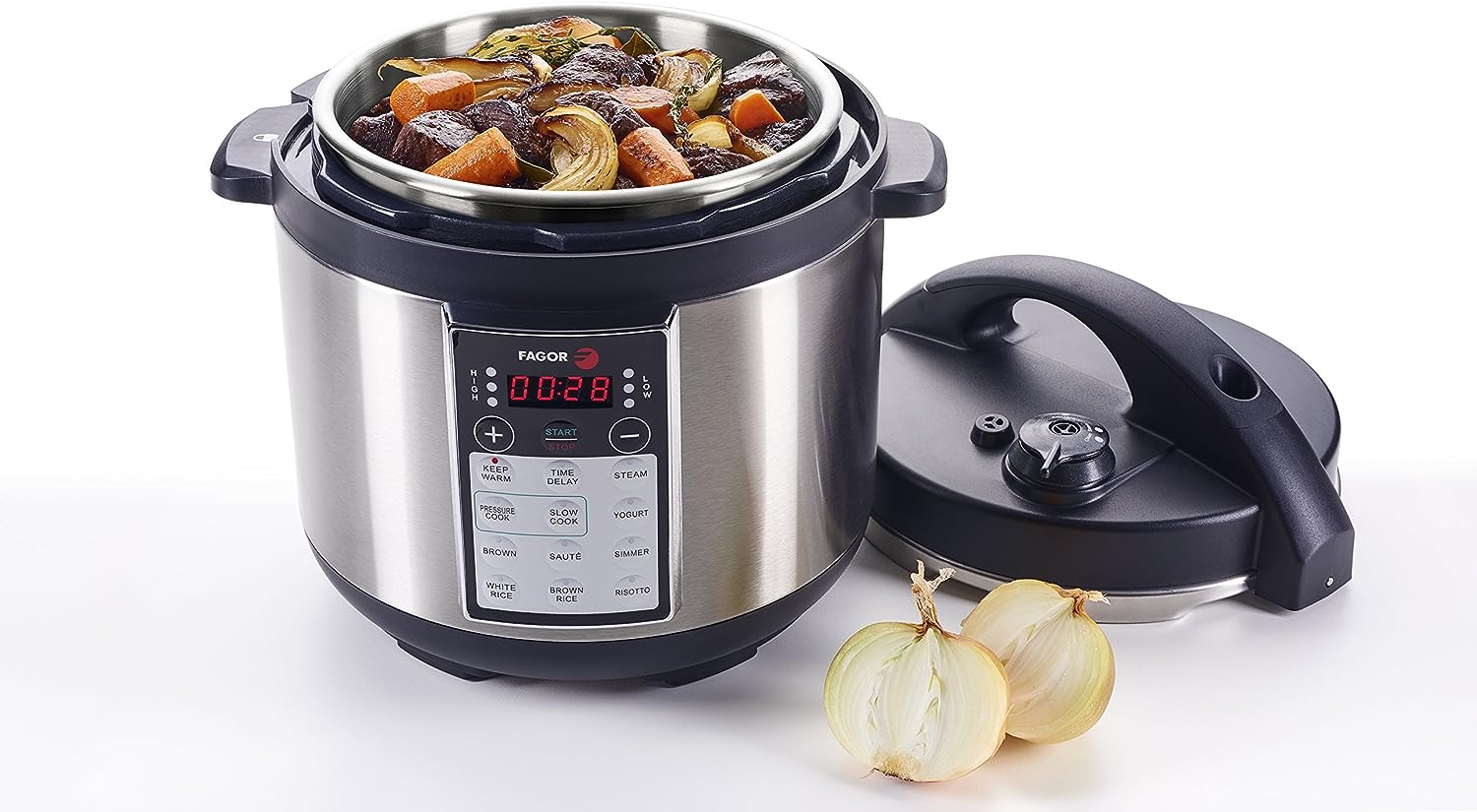
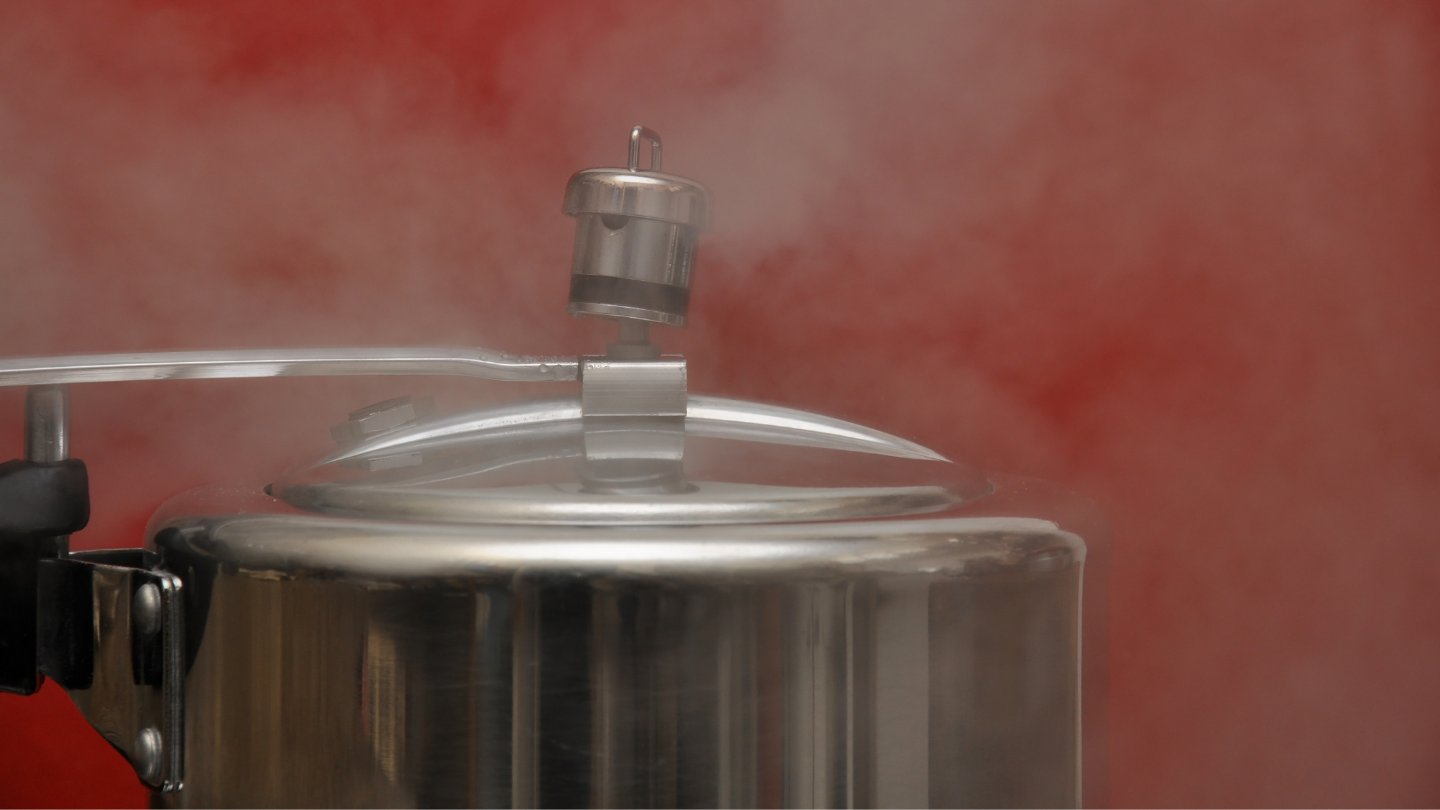
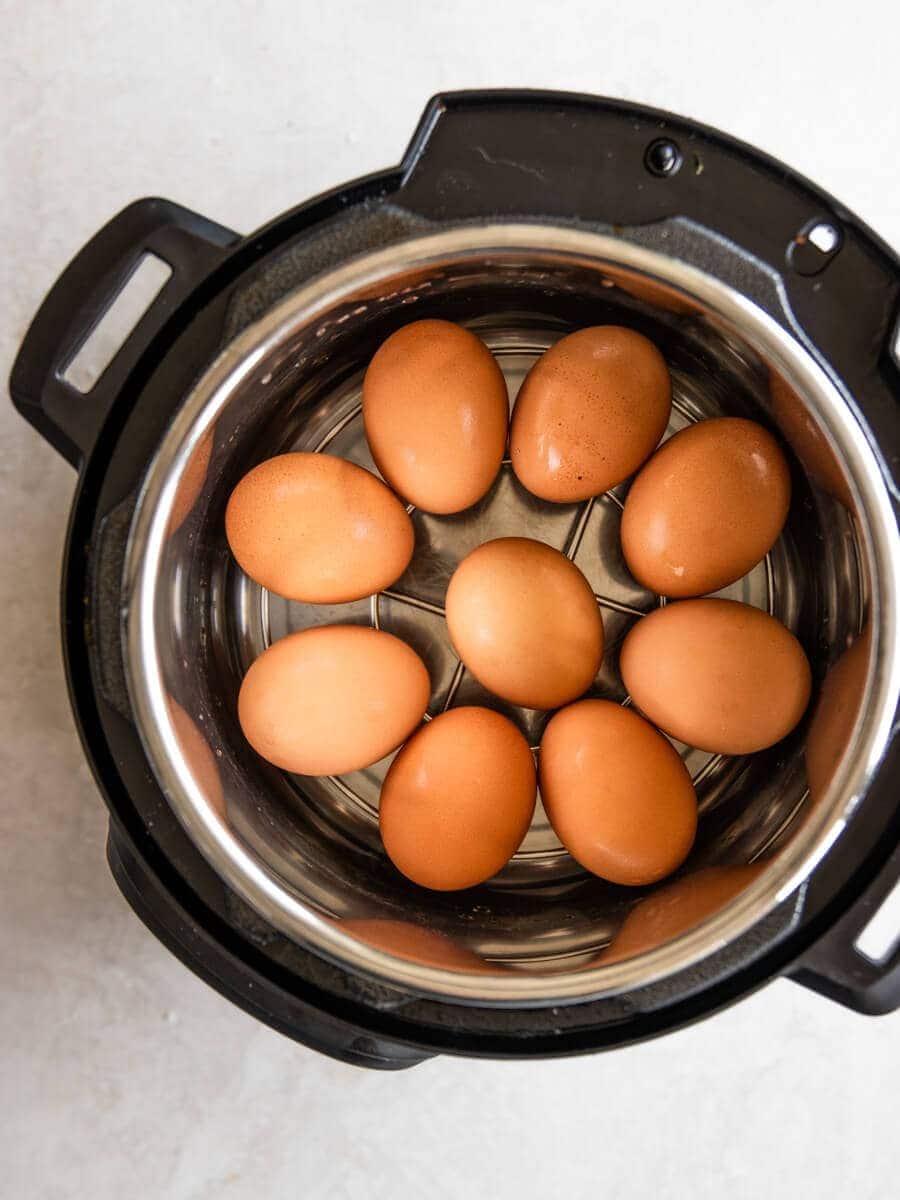

0 thoughts on “How To Pressure Cook Tomatoes In An Electric Pressure Cooker”